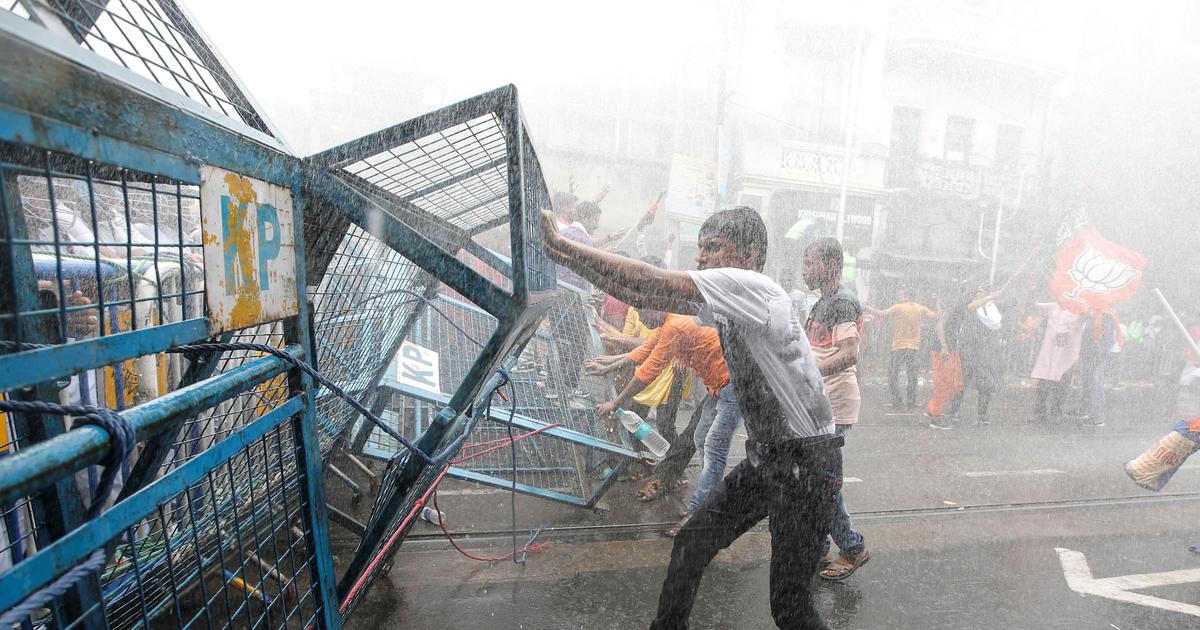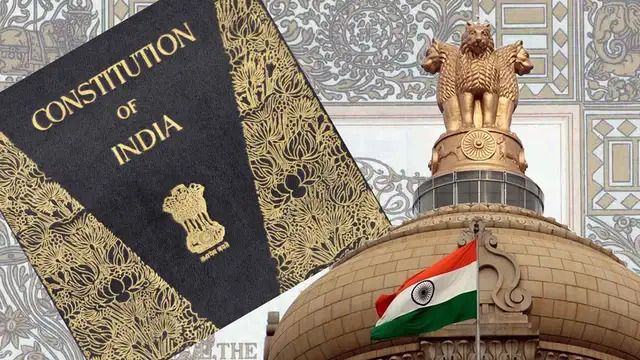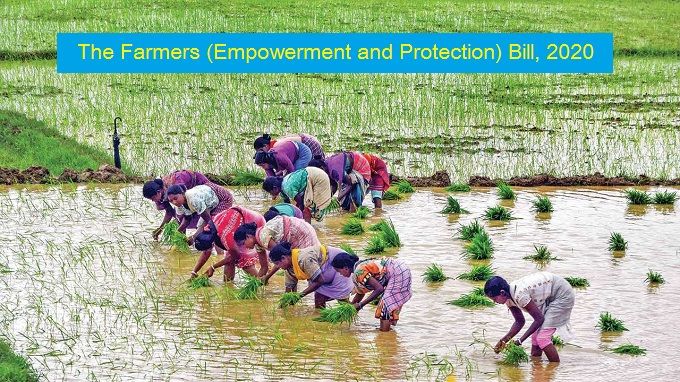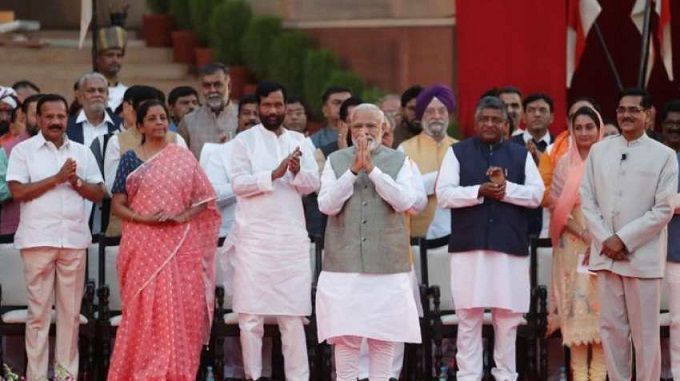Why people hurt each other due to political reasons?
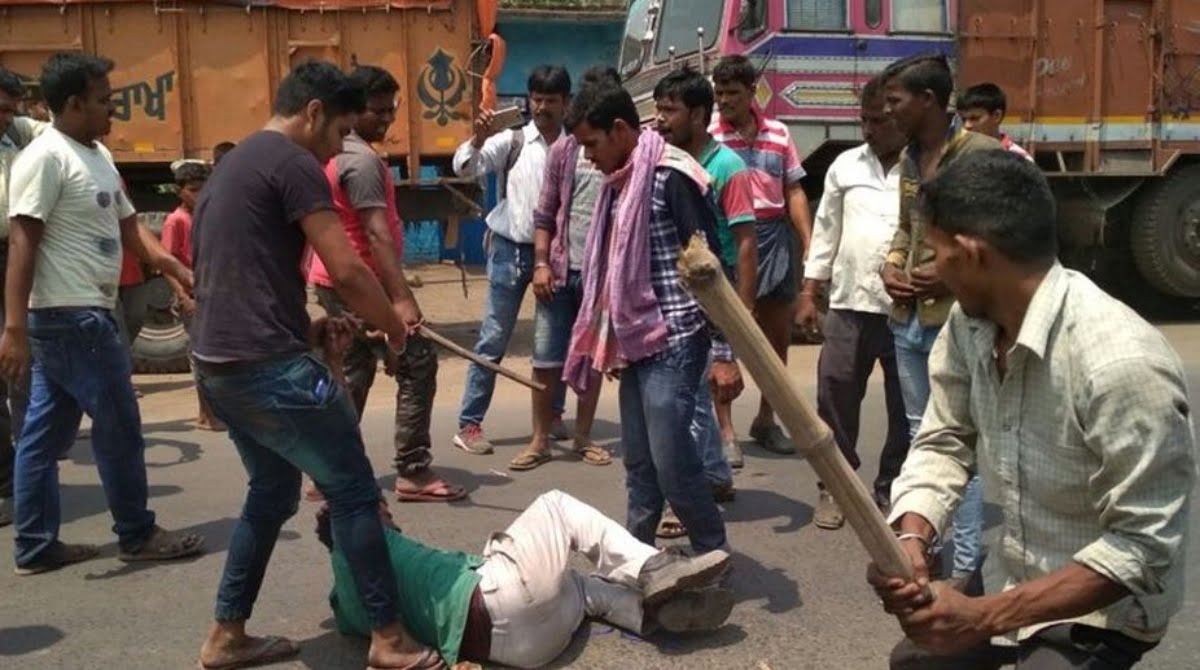
Why people hurt each other due to political reasons and how it can be prevented?
People hurting each other due to political reasons can be attributed to a combination of factors:
1. Ideological Differences: Political beliefs and ideologies can be deeply ingrained in individuals, leading to strong convictions and a sense of righteousness. When people with opposing ideologies clash, it can escalate into conflicts, both verbal and physical.
2. Power Struggles: Politics often involves competition for power and control over resources. Some individuals or groups may resort to violence to gain or maintain power, suppress opposition, or eliminate perceived threats.
3. Social Identity and Group Dynamics: Political affiliations can become an essential part of one’s social identity. In-group favoritism and out-group hostility can result in violence when there is a perceived threat to one’s political group or beliefs.
4. Propaganda and Misinformation: The spread of misinformation or propaganda can fuel animosity between different political groups. When people believe false or exaggerated narratives about the other side, it can lead to distrust, fear, and ultimately, hostility.
5. History of Conflict: In regions with a history of political violence, past grievances and unresolved issues can continue to fuel tensions and perpetuate a cycle of violence.
6. Economic and Social Factors: Political instability, economic disparities, and lack of opportunities can create an environment where violence becomes a means of expressing frustration and seeking change.
READ MORE: Political violence and it’s impact on our society
7. Leadership and Incitement: Irresponsible or divisive political leaders who use inflammatory rhetoric or encourage violence can incite their followers to act aggressively against perceived adversaries.
8. Lack of Dialogue and Compromise: When political discourse breaks down, and compromise becomes difficult, violence may seem like the only way to assert one’s interests or beliefs.
Addressing political violence requires promoting open dialogue, fostering understanding between different groups, combating misinformation, and encouraging leaders to promote unity and peaceful resolution of conflicts. It’s essential to respect differing viewpoints while seeking common ground for the betterment of society.
How political violence can be prevented?
Preventing political violence is a complex task that requires efforts at various levels, from individuals to institutions and governments. Here are some strategies that can help prevent political violence:
1. Promote Education and Critical Thinking: Educating citizens about politics, governance, and critical thinking can foster informed decision-making and reduce susceptibility to misinformation and propaganda.
2. Encourage Tolerance and Respect: Promote a culture of tolerance and respect for diverse opinions and political beliefs. Encourage constructive dialogue and discourage inflammatory rhetoric or hate speech.
3. Strengthen Democratic Institutions: Support and strengthen democratic institutions and processes, ensuring fair elections, rule of law, and equal representation.
4. Combat Disinformation: Develop strategies to combat the spread of false information and promote media literacy to help individuals distinguish between credible sources and misinformation.
5. Foster Inclusivity and Social Cohesion: Encourage inclusivity and social cohesion by bridging divides between different social, ethnic, and political groups.
6. Engage in Conflict Resolution: Encourage peaceful conflict resolution mechanisms, such as mediation and negotiation, to address political disputes and grievances.
7. Address Socioeconomic Inequalities: Work towards reducing socioeconomic disparities and ensuring access to opportunities for all, as economic instability can be a contributing factor to political violence.
8. Encourage Responsible Leadership: Hold political leaders accountable for their actions and rhetoric. Leaders should promote unity, tolerance, and peaceful resolution of conflicts.
9. Support Civil Society: Strengthen civil society organizations that promote peacebuilding, human rights, and social cohesion.
10. Enhance Law Enforcement: Strengthen law enforcement capabilities to ensure the safety and security of citizens while upholding human rights and avoiding excessive use of force.
11. Build Trust in Institutions: Work towards building trust between citizens and political institutions by ensuring transparency, accountability, and responsiveness.
12. Promote Youth Involvement: Engage and involve young people in political processes and decision-making, as they are crucial stakeholders in shaping the future.
Preventing political violence requires a comprehensive and sustained effort from individuals, communities, governments, and international organizations. It’s a collective responsibility to foster a society where differences are respected, conflicts are resolved peacefully, and political violence is rejected.




